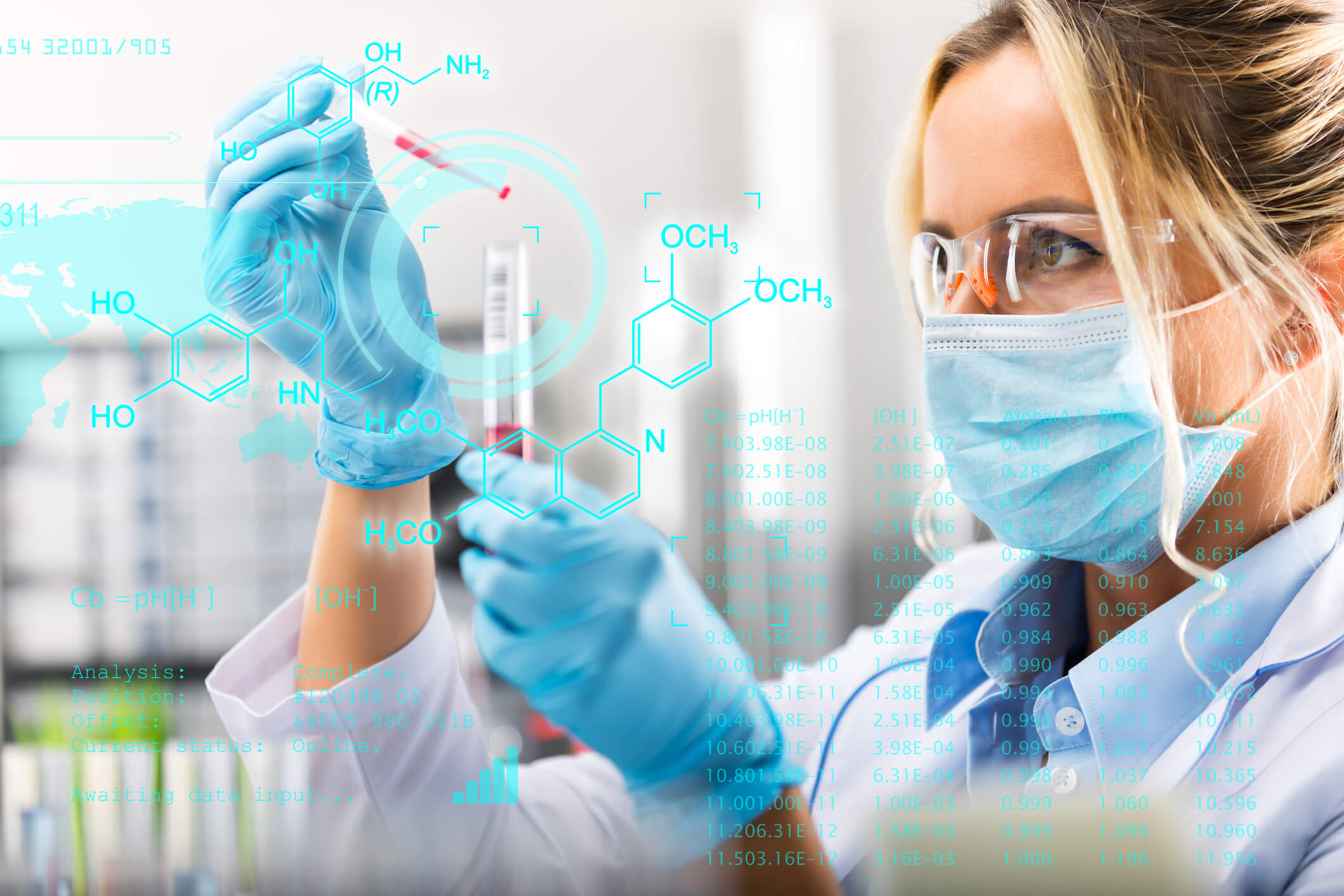Chemical Process Control
Overall Course Objectives
Most of the chemical engineering curriculum deals with continuous processes operating at steady state – designed to optimize economical ressources, while taking into account sustainability. But plants are put into operation, are shut down, are subjected to differing operating conditions and disturbances. Process control addresses these situations. The course aims at an understanding of how process dynamics and process control is related, and of the construction and significance of control systems. This includes the underlying theory and certain components employed. The course emphasizes the application and setting of a standard PID-controller used in simple feedback control and other enhanced control strategies. Also, students should be enabled to plan instrumentation of simple plants.
Learning Objectives
- Formulate dynamic models for simple engineering processes
- Solve initial value problems using suitable software
- Linearize and introduce deviation variables into non-linear initial value problems
- Apply Laplace transformation to the solution of linear differential equations
- Draw block diagrams based on models for dynamic processes
- Describe the most important types of systems and their characteristic features
- Propose settings of PID-controllers in simple control loops
- Assess the stability of control loops based on calculations
- Plan instrumentation of simple processes: Select and place measurements and controllers
- Assess the applicability of enhanced control strategies: Feedforward, Ratio- and Cascade Control
- Draw and interpret simple PI diagrams
- Reflect on learning
Course Content
Dynamic balance equations. Simulation. Linearization. Deviation variables. Solution of linear differential equations using Laplace transforms. 1st and 2nd order systems, time constants, gain, overshot, transfer function. Feedback control: P-, I- og D-control. Stability of loops. Enhanced control strategies: Feedforward-, ratio and cascade control. Instrumentation, PI diagrams. Experimental project work. Reporting.
Teaching Method
Classroom Lectures, Tutorials, Home Work, Databar Exercises, Project Work, Laboratory, Reporting





